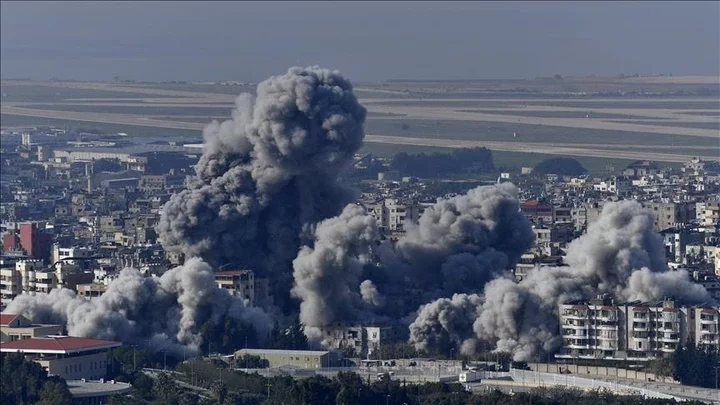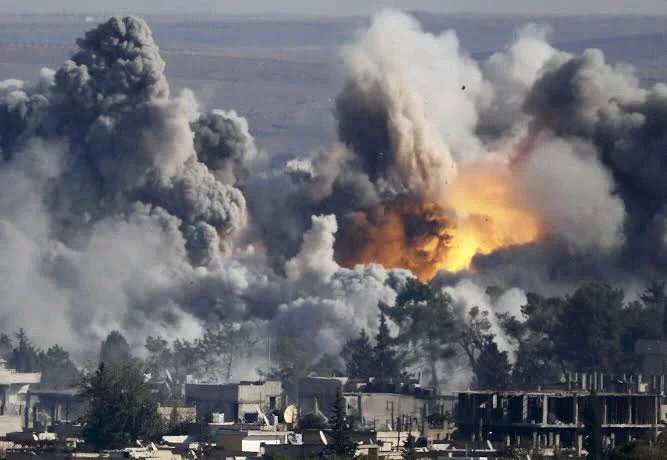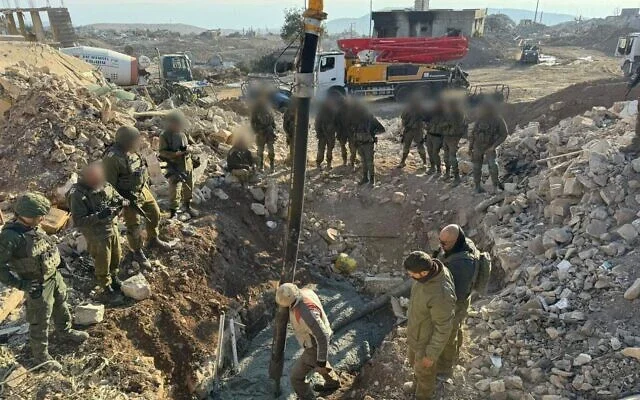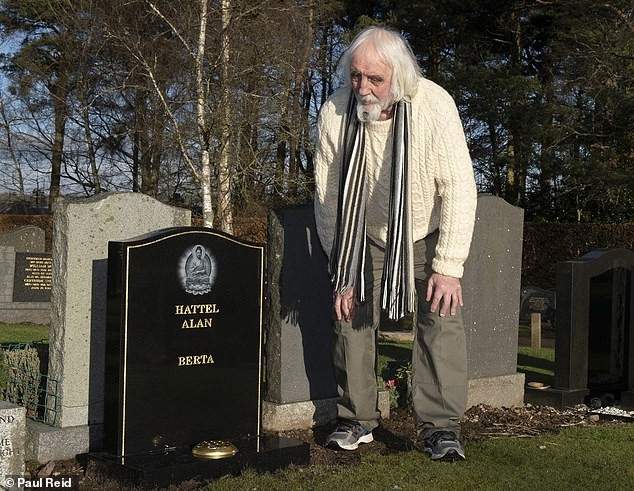According to a report by The Times of Israel, mayors of northern border towns have expressed sharp criticism of an emerging ceasefire agreement with Hezbollah, describing it as a "surrender deal."

The backlash comes amid growing reports that a deal to end hostilities in the region could soon be finalized.
Metula Mayor David Azoulay voiced his disapproval during an interview with Channel 12 news, lambasting the government for what he perceives as capitulation. "This is a surrender deal," Azoulay declared, highlighting his frustration with the government's handling of the situation. His comments reflect widespread concerns among residents in northern Israel, who have faced relentless Hezbollah attacks over the past year.
Avichai Stern, the mayor of Kiryat Shmona, also condemned the potential agreement, echoing Azoulay's sentiments. In a strongly worded Facebook post, Stern referred to the deal as "the surrender deal" and warned of its implications. "This agreement hastens [a repeat of] October 7 in the north, and this cannot happen," he wrote, referencing the devastating attacks that occurred earlier this year.
Stern's criticism extended to Prime Minister Benjamin Netanyahu's approach to the conflict. "I don't understand how we went from total victory to total surrender," he remarked, alluding to Netanyahu's wartime slogan promising decisive action. The mayor's statement emphasizes a growing sense of disillusionment with the government's handling of security in the region.
Stern also raised concerns about the future of Kiryat Shmona and other northern communities. "Where will our residents return to? To a destroyed city without security or a horizon? Someone here has lost it," he questioned, pointing to the extensive damage caused by the ongoing hostilities and the lack of clear plans for recovery and reconstruction.
Both Metula and Kiryat Shmona are located near the border with Lebanon and have been at the forefront of Hezbollah's near-daily attacks on northern Israel. The residents of these towns have endured significant hardships, including destruction of property, frequent evacuations, and constant threats to their safety.

















Comments